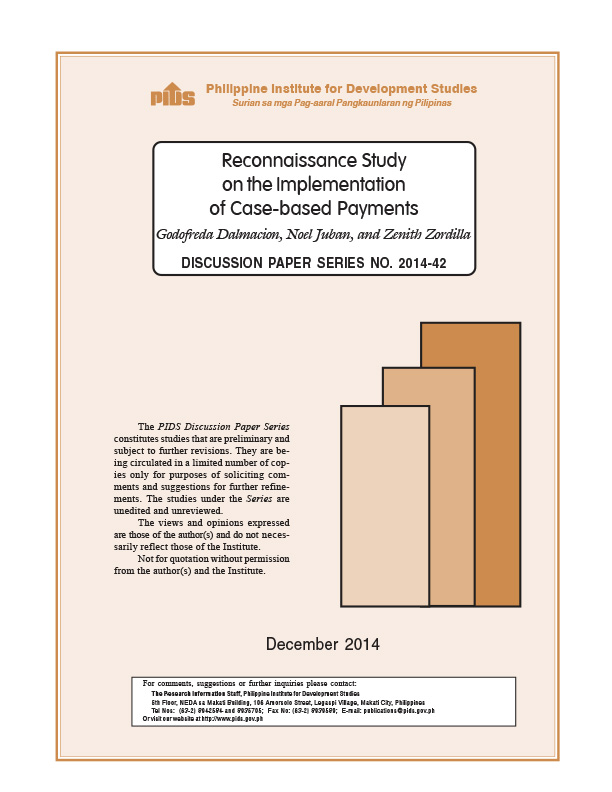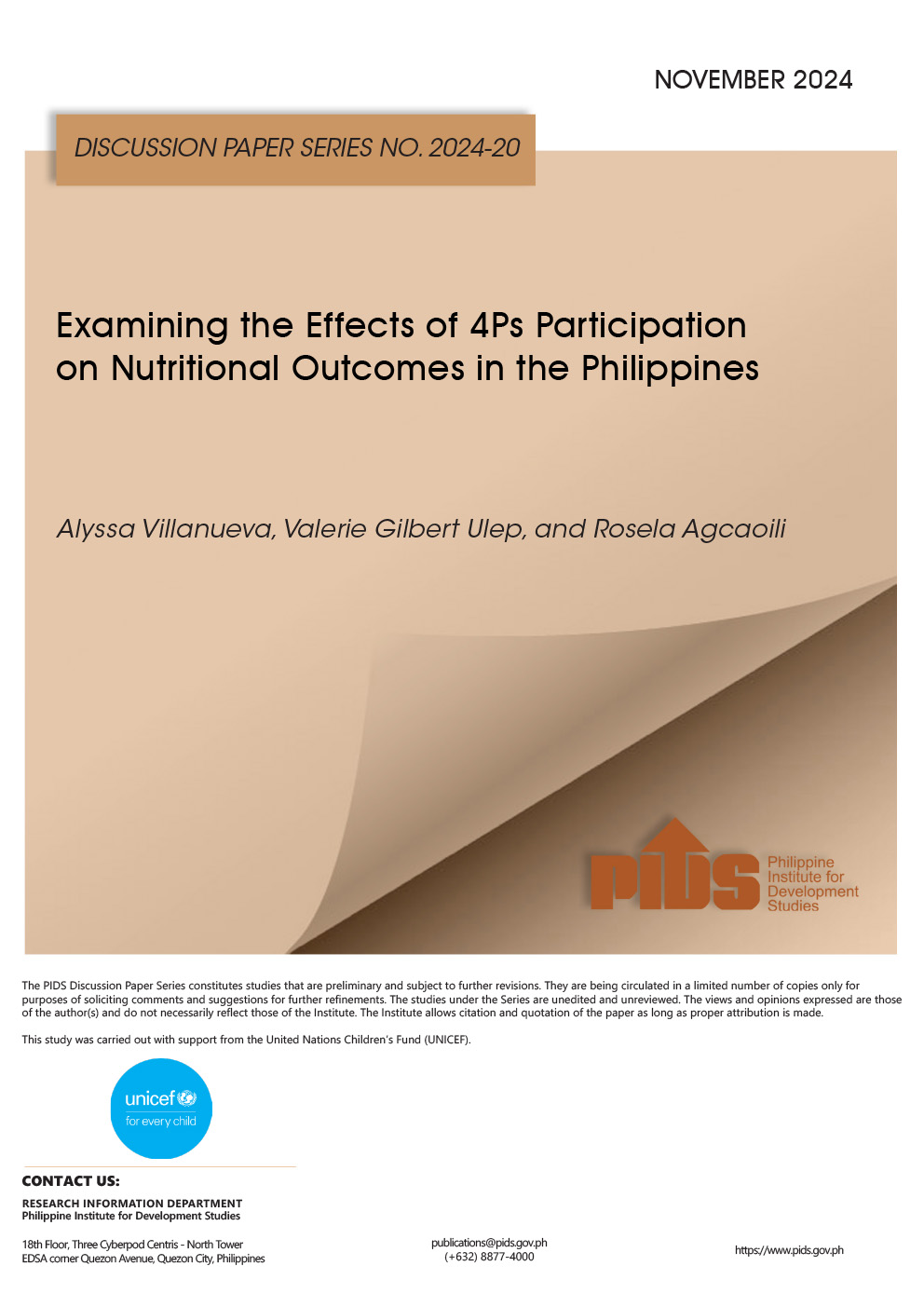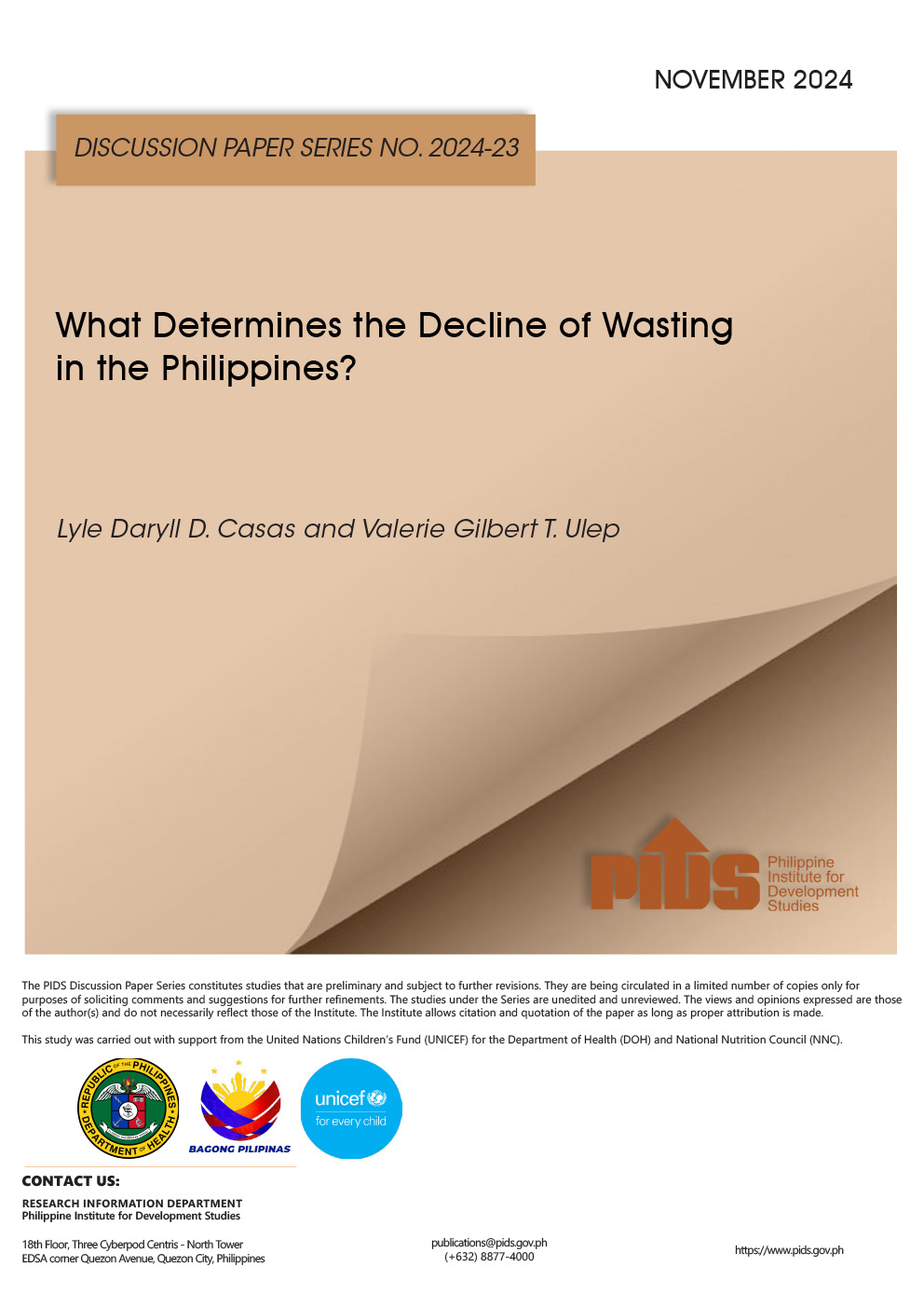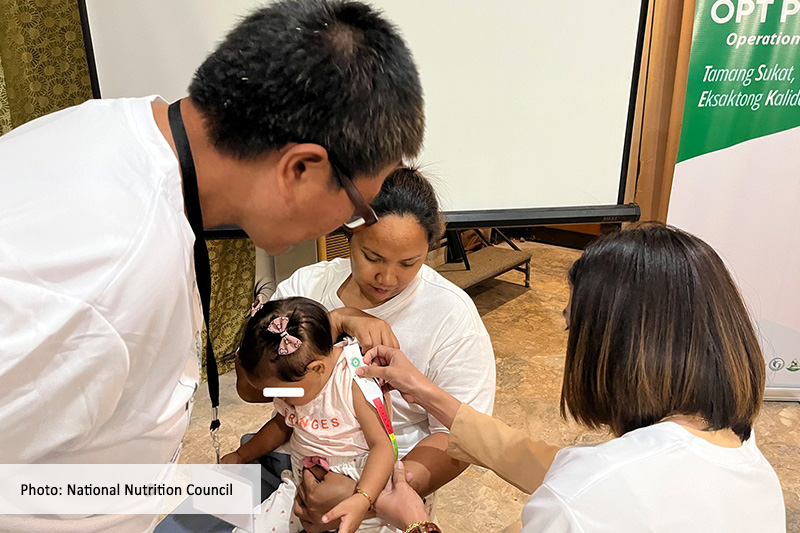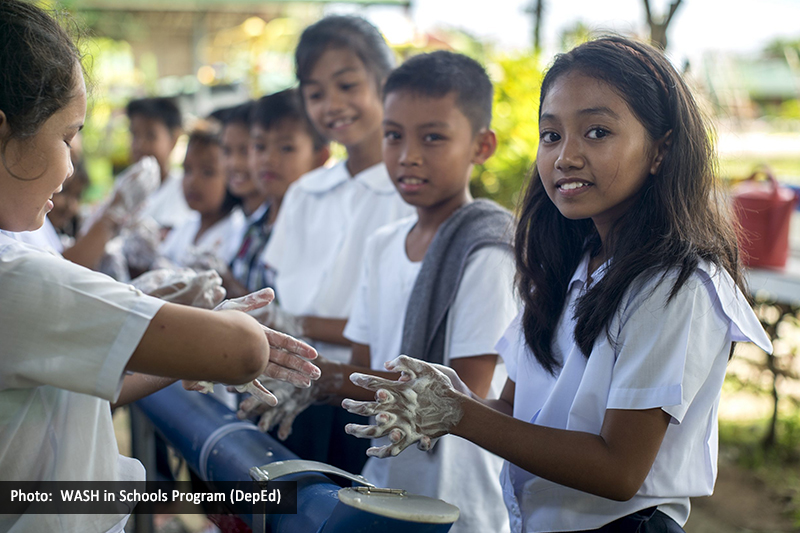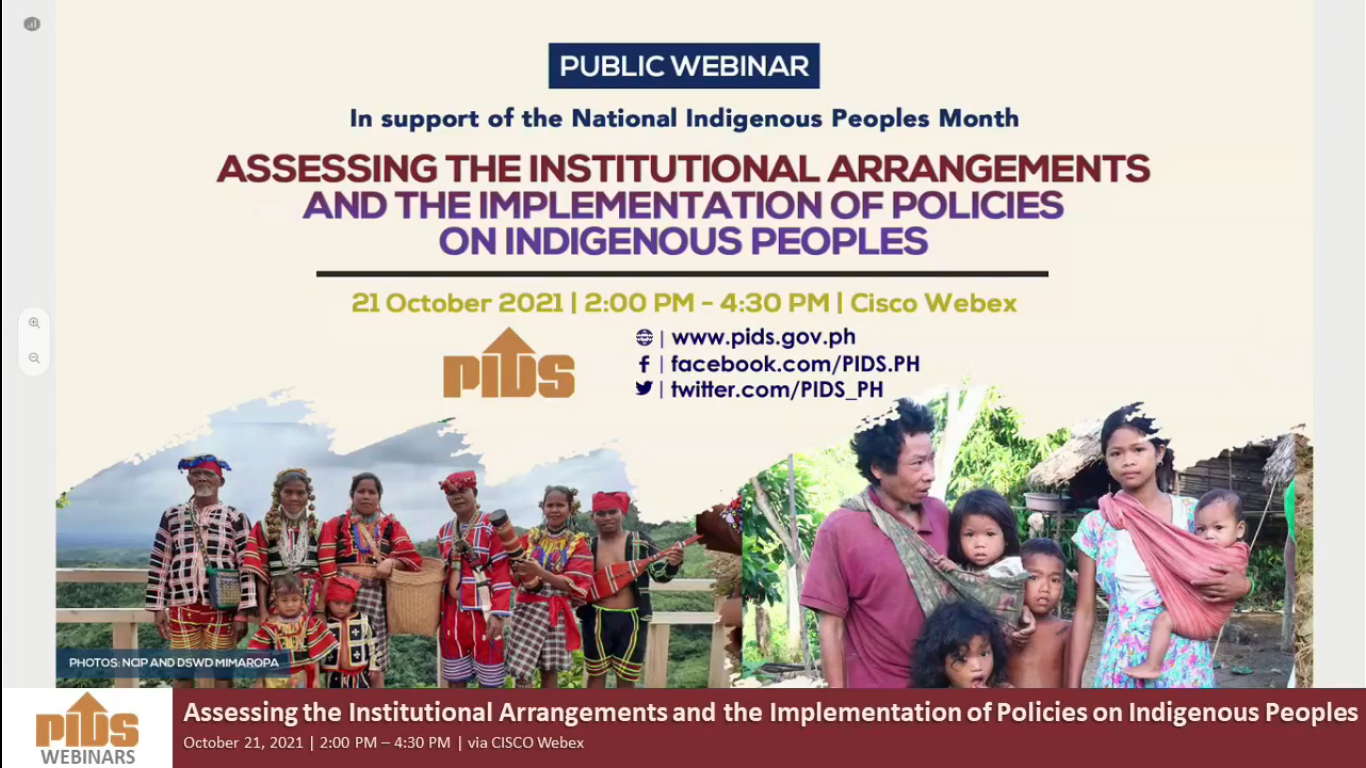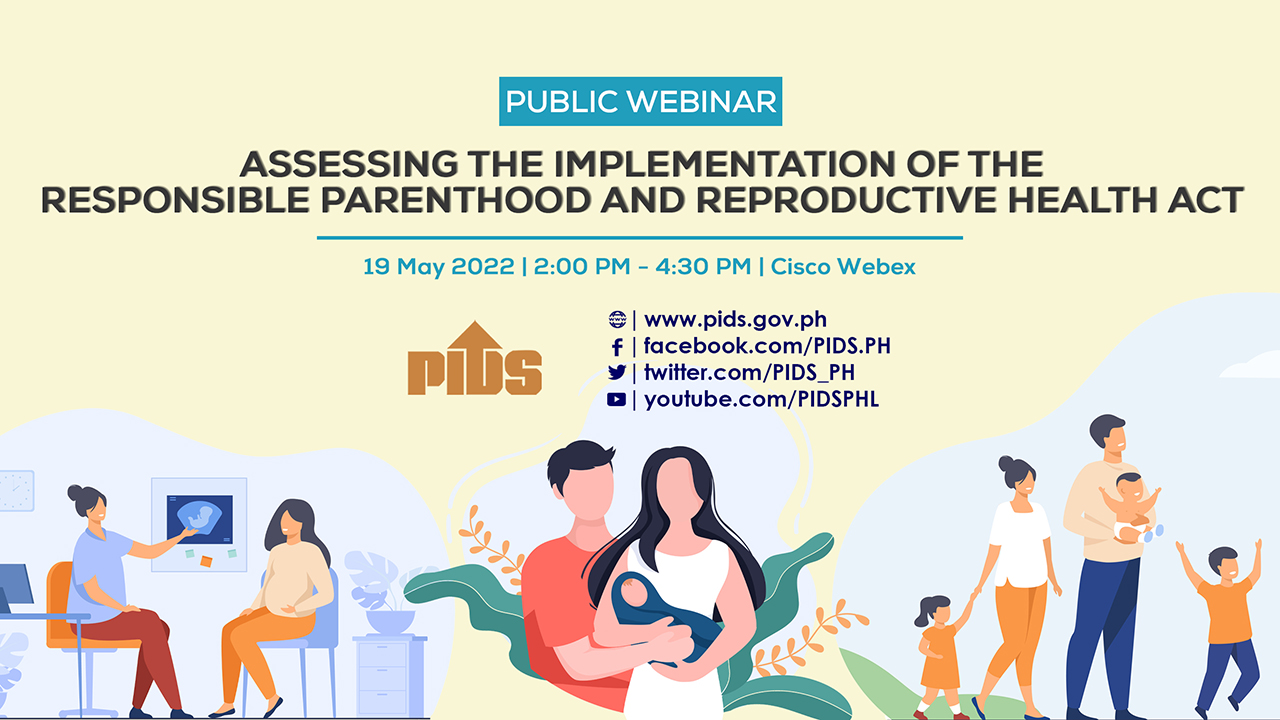To improve PhilHealth`s benefits framework, enhance hospital services, and achieve one of the Universal Health Care`s thrusts, greater financial protection, the case-based payment (CBP) scheme was implemented in 2011. CBP is a provider payment scheme initially implemented with rates for the 23 most common medical and surgical cases. This study investigates what has happened with CBP after its nationwide implementation through the perspectives of the following stakeholders, such as PhilHealth, administrators of health facilities, and health care providers. This also concerns operational aspects of the implementation not an assessment whether CBP helped achieve Universal Health Coverage for the Philippines. The approach used in this study is a mix of qualitative methods including desk review of the legal framework of health financing, administrative orders related to CBP, key informant interviews, and survey on health care providers. Areas of implementation were thematically grouped into four categories based on the results of interviews and survey, namely: 1) administration and system, 2) human resources, 3) medical integrity, and 4) financing.
Overall, CBP needs improvement on the turnaround time for reimbursements to both health providers and hospitals, electronic updating of claims, membership directory, and physicians` accreditation statuses, shifting of policies from different implementing agencies, transparency, and impact evaluation processes for health outcomes.
Citations
This publication has been cited 1 time
- Cabalfin, Michael R. 2016. Health financing for the poor in the Philippines: Final report. Discussion Papers DP 2014-42. Philippine Institute for Development Studies.

